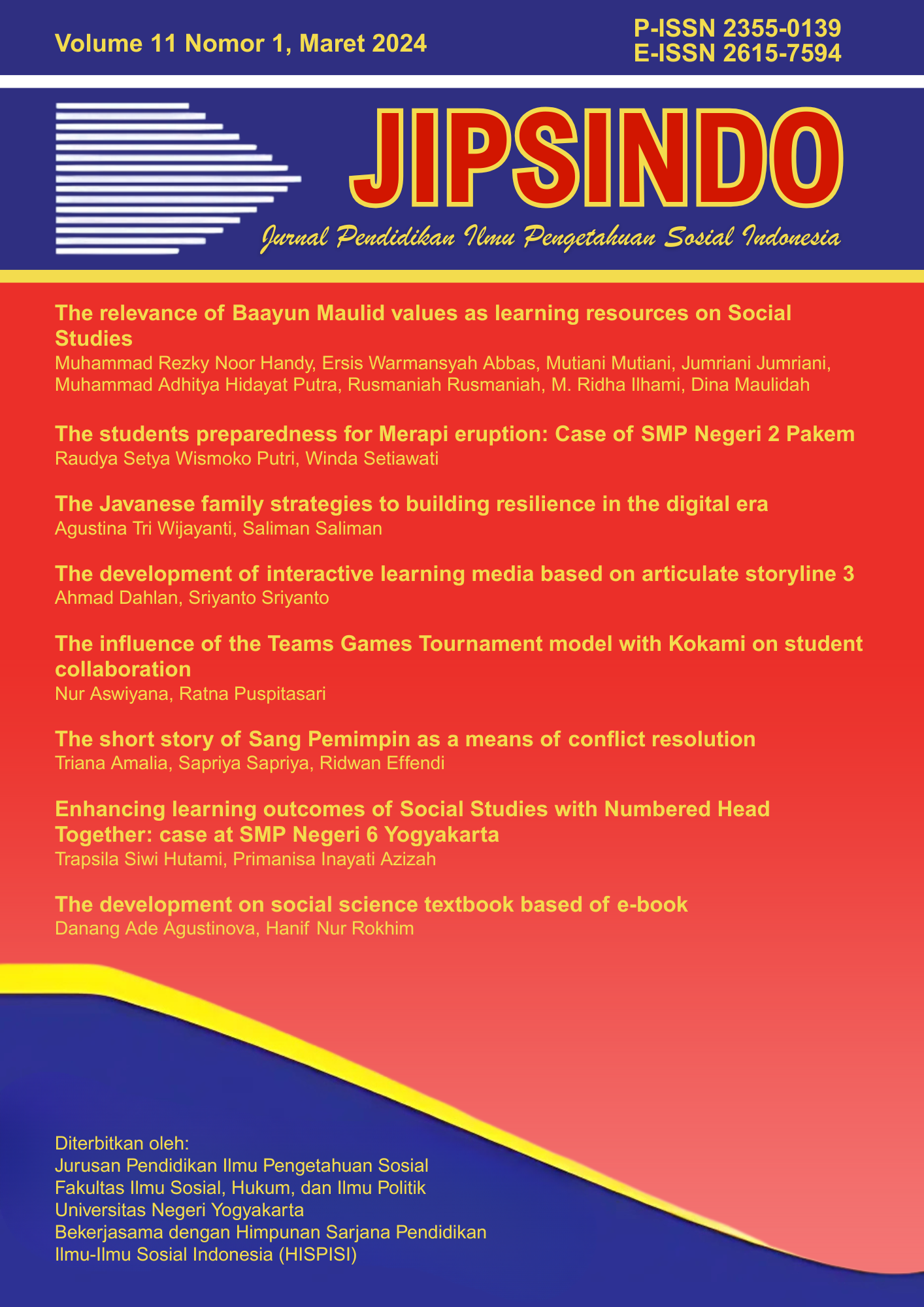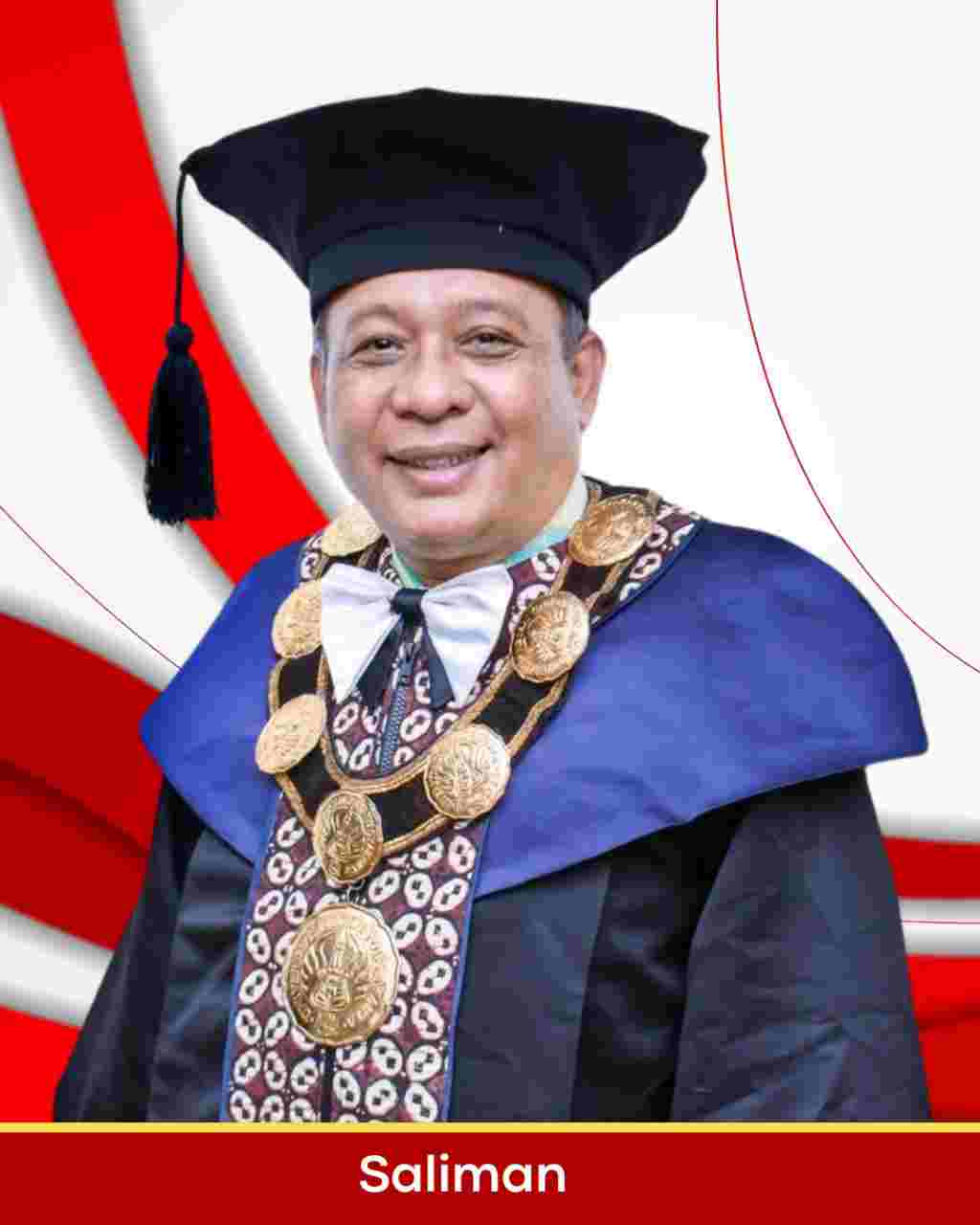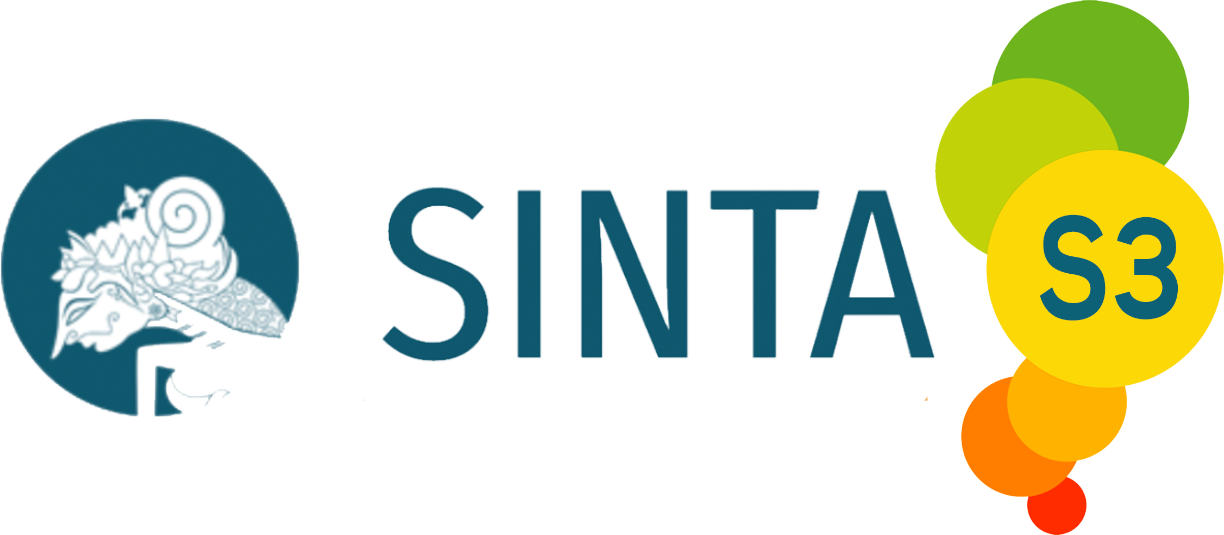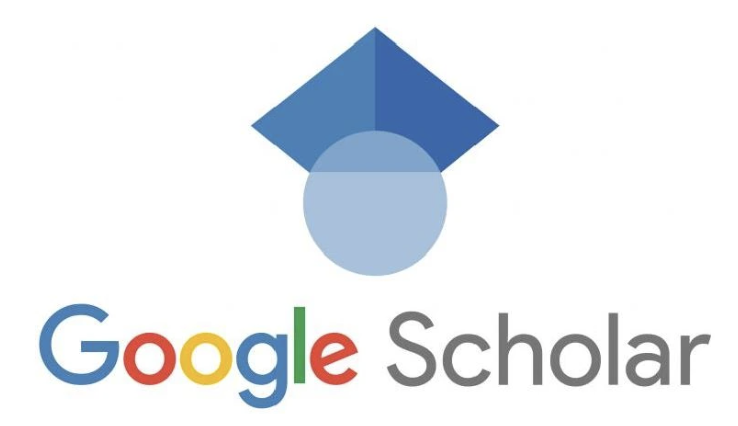Pengaruh penggunaan film dokumenter terhadap hasil belajar IPS SMP
DOI:
https://doi.org/10.21831/jipsindo.v8i2.38819Keywords:
film dokumenter, hasil belajar IPS, sekolah menengah pertamaAbstract
Penelitian ini bertujuan untuk mencari tahu pengaruh penggunaan media pembelajaran film dokumenter terhadap hasil belajar siswa mata pelajaran IPS di SMP Negeri 2 Gending Probolinggo Tahun Pelajaran 2019/2020. Penelitian dilakukan dengan pendekatan kuantitatif dengan metode quasi experiment. Populasi penelitian ini adalah siswa kelas VII SMP Negeri 2 Gending Probolinggo sebanyak 100 siswa, diwakili oleh 59 siswa kelas VIIA dan VIIB sebagai sampel. Teknik sampling ditentukan dengan metode purposive sampling. Teknik pengumpulan data dilakukan dengan cara dokumentasi, observasi dan uji instrument. Uji validitas dilakukan dengan menguji validitas isi melalui aplikasi SPSS for Windows 22. Analsisis data dilakukan melalui uji normalitas, uji homogenitas dan Uji T-test. Hasil penelitian menunjukkan ada pengaruh yang signifikan antara penggunaan media pembelajaran film dokumenter terhadap hasil belajar siswa mata pelajaran IPS di SMP Negeri 2 Gending Probolinggo tahun pelajaran 2019/2020.
The effect of using documentary films on Social Studies learning outcomes in junior high school
This study aims to find out the effect of using documentary film learning media on student learning outcomes for social studies subjects at SMP Negeri 2 Gending Probolinggo for the 2019/2020 academic year. The research was conducted with a quantitative approach with a quasi-experimental method. The population of this study was the seventh grade students of SMP Negeri 2 Gending Probolinggo as many as 100 students, represented by 59 students of grades VIIA and VIIB as samples. The sampling technique was determined by purposive sampling method. Data collection techniques were carried out by means of documentation, observation and instrument testing. The validity test was carried out by testing the content validity through the SPSS for Windows 22 application. Data analysis was carried out through the normality test, homogeneity test and T-test. The results showed that there was a significant influence between the use of documentary film learning media on student learning outcomes in social studies subjects at SMP Negeri 2 Gending Probolinggo for the 2019/2020 school year.
References
Afifah, S., N. & Lailatur, R. (20190. Pengembangan sumber dan media pembelajaran IPS untuk meningkatkan ecoliteracy peserta didik. Jurnal Pendidikan Ilmu Pengetahuan Sosial Indonesia, 2 (7), 136-161
Arikunto, S. (2014). Prosedur penelitian pendekatan suatu praktek. Rineka Cipta.
Arsyad, A. (2013). Media pembelajaran. PT Raja Grafindo Persada.
Asra, dkk. (2007). Komputer dan media pembelajaran di SD. Direktorat Jendral Pendidikan Tinggi.
Asyhar, H. R. (2011). Kreatif mengembangkan media pembelajaran. Gaung Persada Press.
Hamalik, O. (2007). Proses belajar mengajar. Bumi Aksara.
Margono, S. (2007). Metodologi penelitian pendidikan. PT Rineka Cipta.
Munadi, Y. (2008). Media pembelajaran. Gaung Persada.
Purwanto. 2016. Evaluasi hasil belajar. Pustaka Belajar.
Riduwan. (2009). Belajar mudah penelitian untuk guru-karyawan dan peneliti pemula. Alfabeta.
Rinanto, A. (1982). Pengaruh media audiovisual dalam pendidikan. Yayasan Kanisius.
Rusman. (2012). Model-model pembelajaran. PT. Raja grafindo Persada.
Sobry, S. (2014). Metode & model-model pembelajaran. Holistica.
Rahmawati, W., K. & Abdurrahman, A. (2019). Faktor-Faktor Yang Mempengaruhi Minat Siswa Memilih Sekolah di SMA Nuris Jember. Jurnal Bimbingan dan Konseling Terapan, 3(1), 15-27
Subana, dkk. (2015). Statistika pendidikan. Pustaka Setia.
Suprijono, A., (2016). Cooperatif learning teori dan aplikasi PAIKEM. Pustaka Pelajar.
Susanto, Ahmad. (2013). Teori belajar dan pembelajaran di sekolah dasar Kencana Prenada.
Thobroni, M. (2017). Belajar dan pembelajaran teori dan praktik. R-ruzz Media.
Sudjana, N. (2006). Penilaian hasil proses belajar mengajar. PT. Remaja Rosdakarya.
Trianto. (2011). Pengantar penelitian pendidikan bagi pengembangan profesi pendidikan dan tenaga kependidikan. Kencana Prenada Media Group.
Undang-Undang RI No. 20 Tahun 2003. Sistem pendidikan nasional. Sinar Grafika.
Downloads
Published
How to Cite
Issue
Section
Citation Check
License
Authors who publish with this journal agree to the following terms:
- Authors retain copyright and grant the journal right of first publication with the work simultaneously licensed under a Creative Commons Attribution License that allows others to share the work with an acknowledgement of the work's authorship and initial publication in this journal.
- Authors are able to enter into separate, additional contractual arrangements for the non-exclusive distribution of the journal's published version of the work (e.g., post it to an institutional repository or publish it in a book), with an acknowledgement of its initial publication in this journal.
- Authors are permitted and encouraged to post their work online (e.g., in institutional repositories or on their website) prior to and during the submission process, as it can lead to productive exchanges, as well as earlier and greater citation of published work (See The Effect of Open Access).

JIPSINDO (Jurnal Pendidikan Ilmu Pengetahuan Sosial Indonesia) is licensed under a Creative Commons Attribution-ShareAlike 4.0 International License.
Based on a work at https://journal.uny.ac.id/index.php/jipsindo.
















